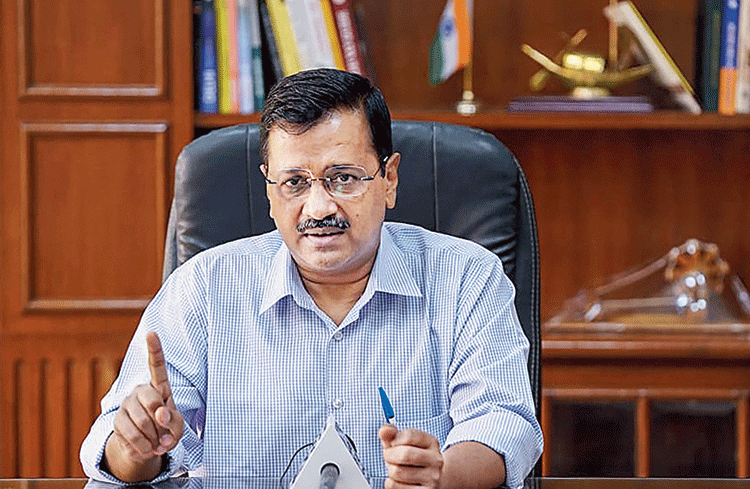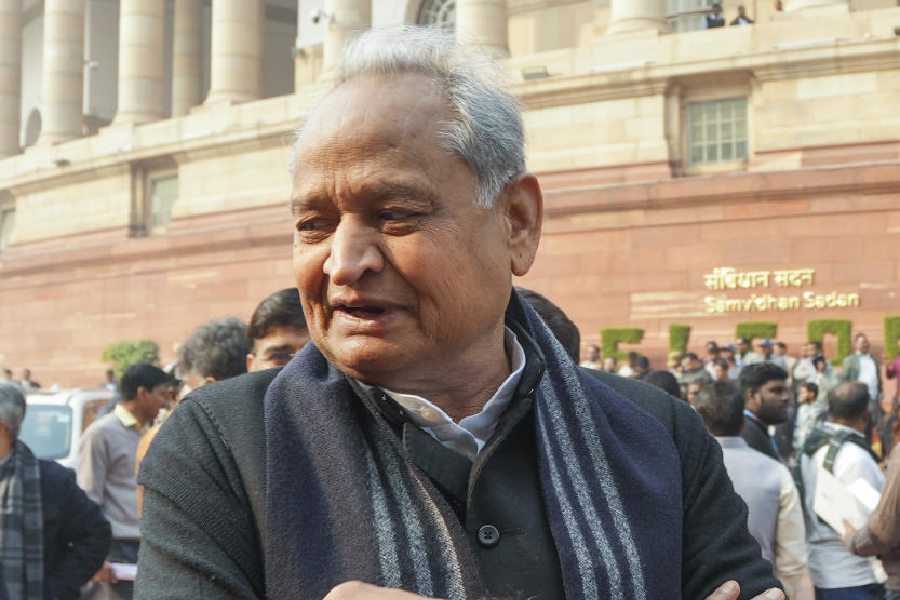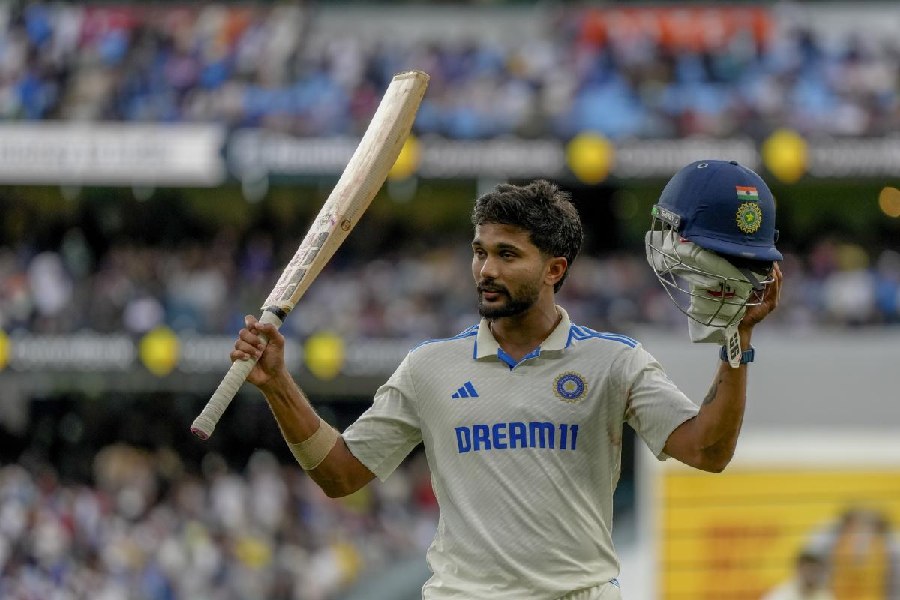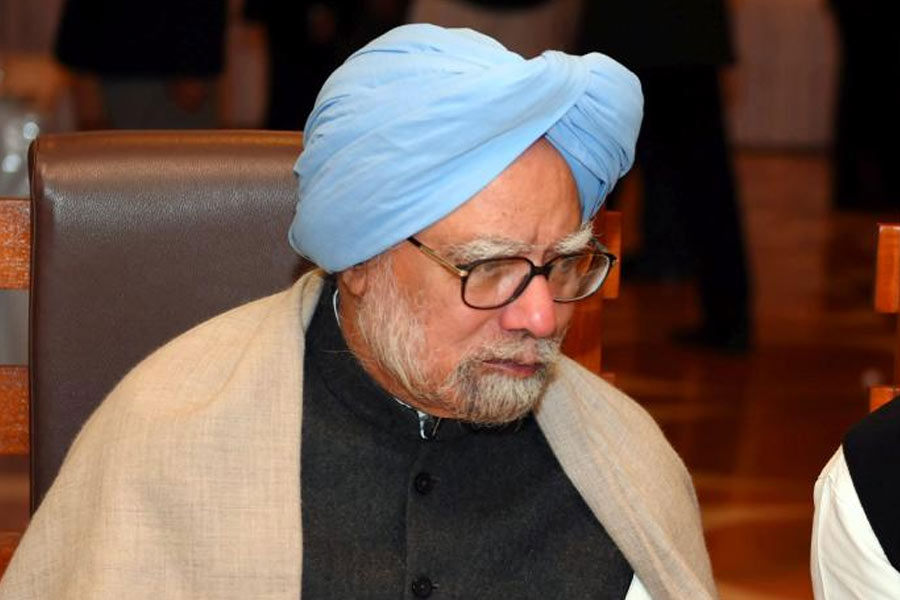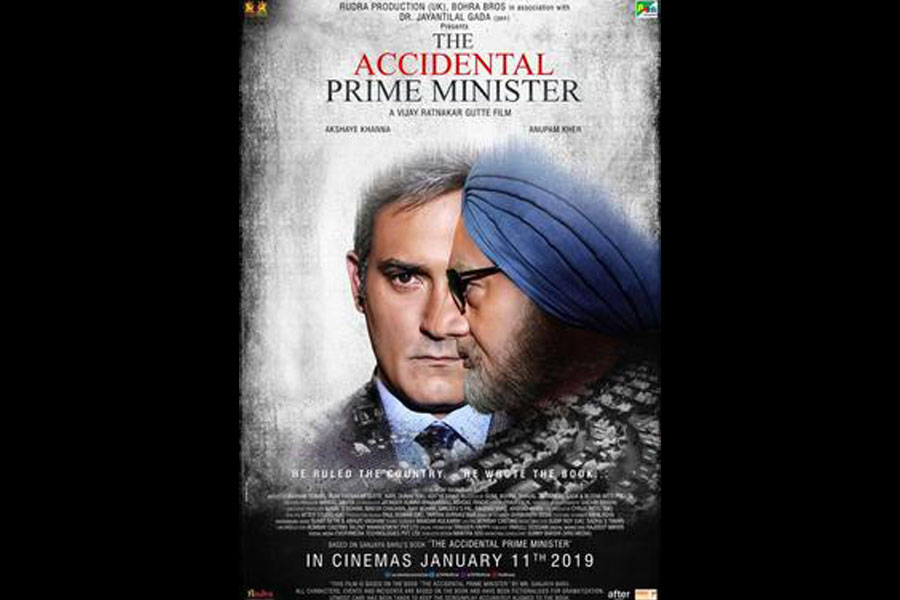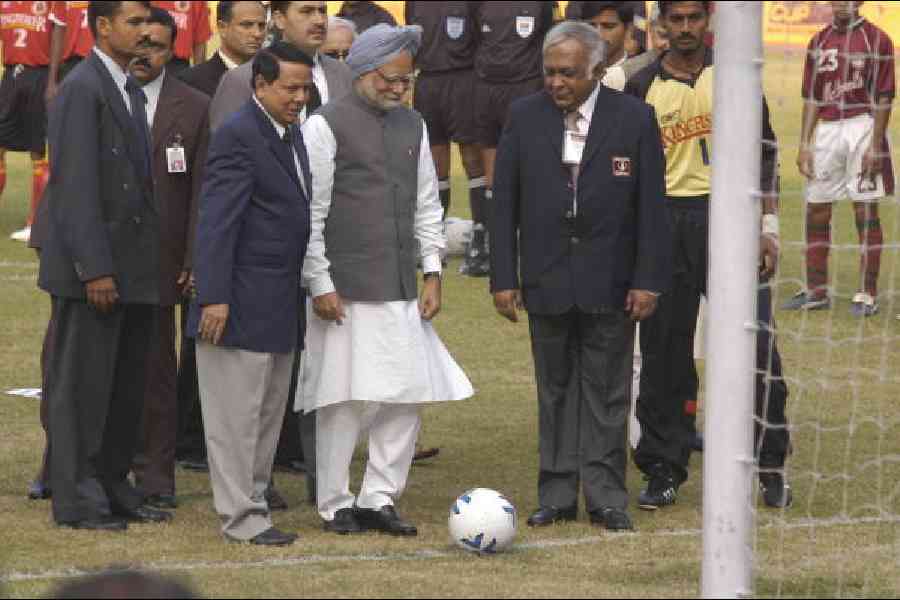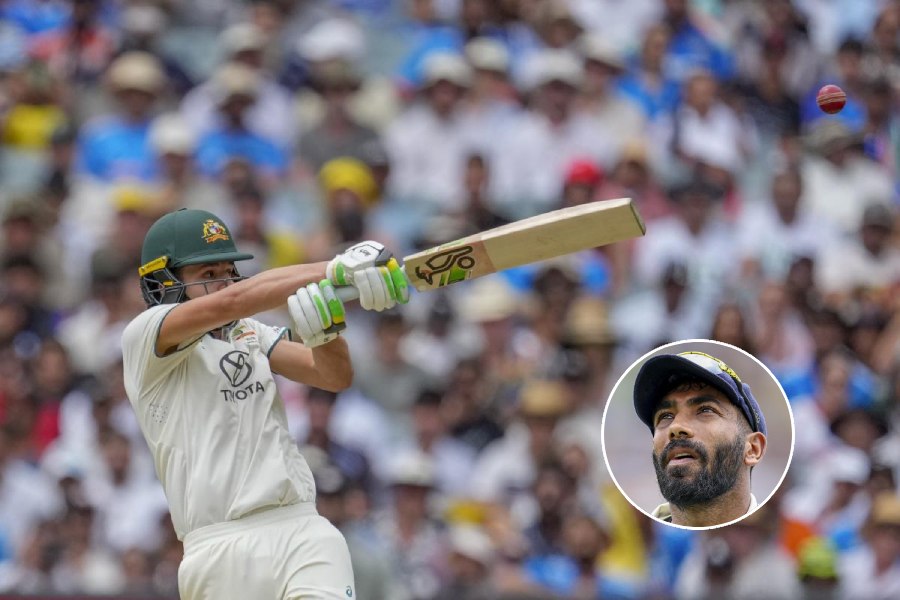Chief minister Arvind Kejriwal announced a plan to fight the spread of the coronavirus in Delhi on Tuesday, unveiling a five-point agenda centered around random rapid testing to combat the pandemic.
Delhi is one of the worst affected states with the national capital recording the third highest number of Covid-19 positive cases in the country. Kejriwal’s plan for more testing comes at a time when it has been established that states that are testing more have a better idea of the virus’s spread and are, hence, better prepared to fight the pandemic.
One of the constraints Delhi might face is a scarcity of testing kits. In his press briefing, Kejriwal acknowledged there were “some problems with testing kits”.
“Now that the situation is better we’ve already ordered tests for 50,000 people and it has started,” he said, adding that by Friday, he expected delivery of 1 lakh testing kits to start.
Kejriwal, who did not provide a deadline for the tests, however, mentioned that Delhi would like to increase testing to about 1,000 per day. On March 27, Kejriwal had said that the state government was prepared to tackle even a thousand cases in a day.
A former Indian Council of Medical Research (ICMR) official said Delhi’s response to the Covid-19 outbreak is among the best in the country. The state government had formed a dedicated task force on March 4, two days after the first case was found in Delhi.
“They’ve been proactive since day one. But now is the time to decentralise. Everyone should focus on handling their areas. We need a local public health response now,” he said while speaking with The Telegraph Online.
The state government was successful in relocating stranded migrant workers to government schools. It also acted swiftly in containing high risk zones and evacuating Jamaatis from Nizamuddin. But whether community transmission occurred is still a matter of conjecture.
It has been reported that Delhi has seven hotspots where active containment strategies are in place. Dilshad Garden, Majnu ka Tila, a slum cluster in New Moti Bagh and two blocks of GTB enclave are among them.
The first case in Delhi was recorded on March 2. More than a month later, the state had a tally of 525 confirmed cases of which 7 died, 498 were admitted in hospitals and the rest were discharged or migrated.
Kerala, which had the first Covid-19 case in the country, tested aggressively as compared to others. It had tested 11,232 samples till Tuesday. In comparison, Delhi followed closely with almost 9,000 samples. A little over 1 lakh samples were tested in the country until April 7.
The next challenge for the Kejriwal government would be to deal with healthcare facilities and making protective gear available. In the press briefing, he gave a rundown on the status of hospital beds, ventilators and contact tracing of those in isolation. The government has also assured about 1.47 lakh personal protective equipment for medical workers in the state.
Elaborating on the five-point action plan, the chief minister said, 'It includes five Ts — testing, tracing, treatment, team-work and tracking — and monitoring.'
Under first 'T', the government will conduct one lakh random rapid testing in hotspot areas.
'Without large scale testing, the virus could spread. South Korea through large scale testing identified affected people. We are going to start testing at a large scale. Fifty thousand kits have been ordered and delivery has started. We will do one lakh rapid tests from Friday when delivery of testing kits will start' the chief minister said.
These rapid tests will be conducted in hotspot areas like Nizamuddin and Dilshad Garden. The Nizamuddin Markaz has emerged as a major hotspot in the country.
'We will give the police phone numbers of Tablighi Jamaat event attendees to trace and ascertain whether they moved in nearby areas,' he said.
Kejriwal said the government will effectively trace people who came in contact with Covid-19 infected patients, adding that phone numbers of 27,702 persons who have been directed for self quarantine have been given to the police to check their movement.
Areas where affected people have been found are being sealed, he said.
'Serious coronavirus patients having other ailments, and those above 50 years of age will be kept in hospitals. Those less ill and below 50 years of age will be kept at facilities in dharamsalas and banquet halls,' he said.
The government has not shared details yet on those hotels where 12,000 will be taken over by it.
The requirement of ventilators and other equipment has also been planned.
In case of 30,000 patients, 400 ventilators and 1200 oxygen support systems will be needed, he said, adding that the government has made much preparation for it.
'There was a shortage of PPE kits but the Centre has allocated 27000 kits that will be available in next 1-2 days. We have also ordered these kits and delivery will start from next week,' he said.
Talking about the fourth 'T' of his government's action plan, Kejriwal said that all states are working as a team against coronavirus, and doctors and nurses are an important part of this team.
'All state governments are working together to deal with Covid-19, rising above politics. People are also part of the team and they should stay home and follow the ongoing lockdown,' he said.
The chief minister said he will talk to all MPs of Delhi on Wednesday on the issue of coronavirus.
Under the fifth 'T' of action plan, Kejriwal said he was personally monitoring the cases of coronavirus, adding that it is his responsibility to track and monitor each and every case in the national capital.

